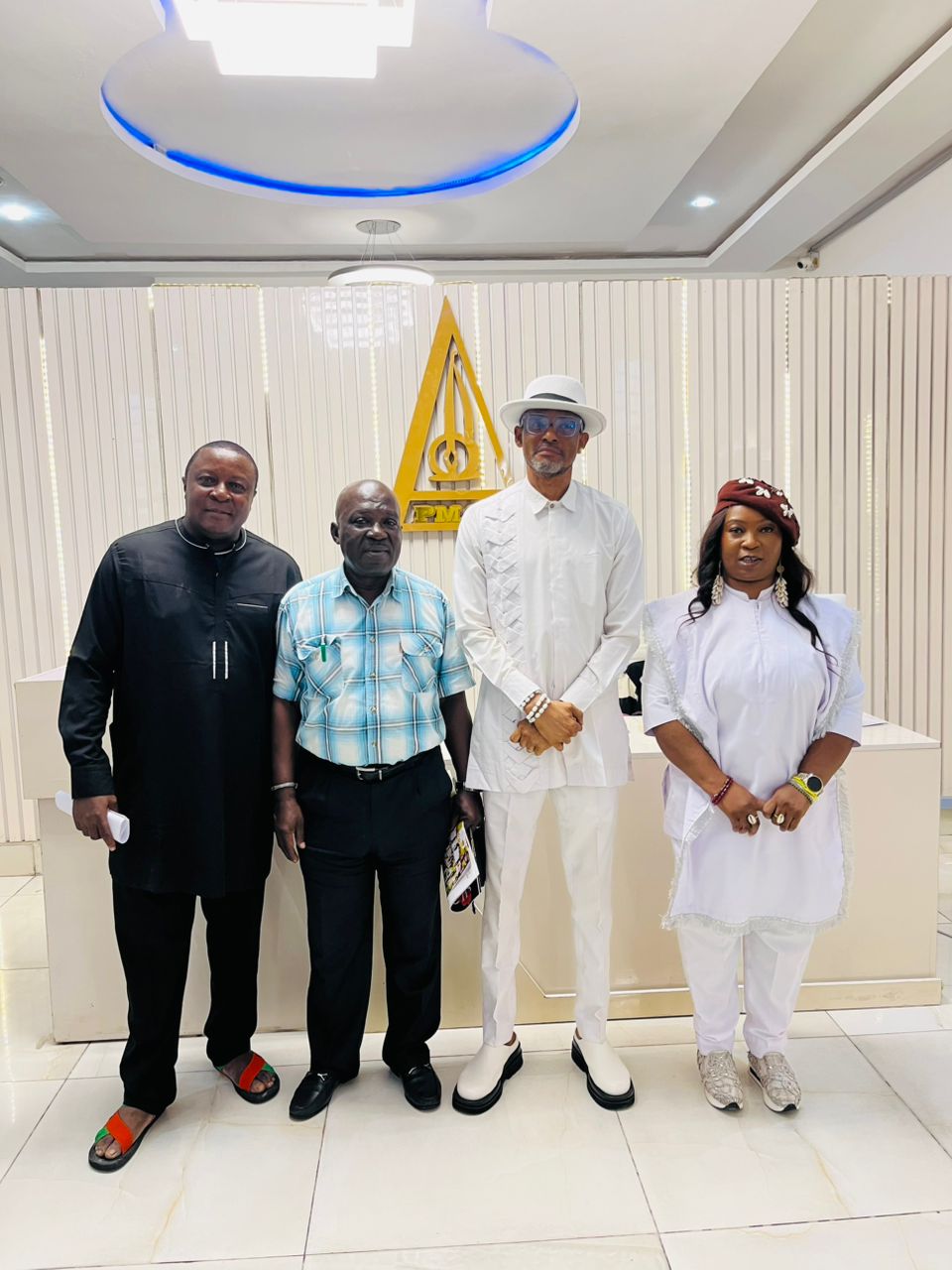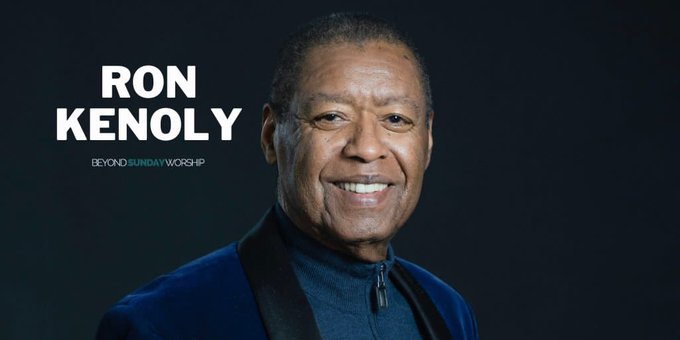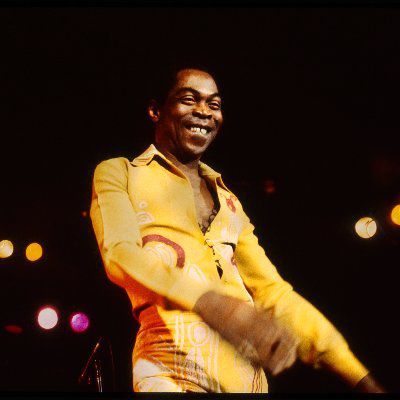The Symphony of Purpose And Expression: Exploring Music As Both Act And Art
BY BARNABAS AKINDELE

Music, in its essence, transcends the boundaries of sound, evolving into both an act and an art form that speaks to the soul. Among the many genres and styles of music, hymns and classical compositions occupy a unique space.
These forms do more than merely entertain; they inspire, uplift, and evoke a sense of transcendence that connects the temporal with the eternal. This article explores the duality of music—as an act rooted in purposeful performance and an art that communicates profound beauty and emotions—through the lens of hymnody and classical music.
Music as an Act: The Purpose of Performance
Music is an act, a deliberate activity rooted in intention and expression. In the case of hymns, this act serves multiple purposes—worship, communal unity, and spiritual reinforcement.
Hymns are performed to align the minds and hearts of believers toward God, creating a collective moment of reflection or celebration. They are acts of faith translated into sound, with each lyric and melody pointing toward divine truths.
The performance of hymns in church services is not just a ceremonial routine but a ritual that reinforces shared beliefs and values. Through the deliberate act of singing hymns, participants create a spiritual atmosphere where reverence meets expression.
Similarly, classical music exemplifies music as an act through its demand for discipline and precision. Whether it is a pianist performing a Beethoven sonata or an orchestra interpreting a symphony by Tchaikovsky, classical music requires conscious effort and technical mastery.
The act of performing such music involves more than playing the correct notes; it demands emotional connection, interpretative insight, and dedication to the composer’s vision.
Musicians become vessels of artistic intention, offering the audience a glimpse into the past while evoking emotions in the present.
In both hymns and classical music, the act of music becomes a bridge—connecting the individual with a greater purpose. For hymns, this purpose is spiritual; for classical music, it may be emotional, intellectual, or cultural. Yet, the common thread lies in the deliberate performance, which transforms mere sound into a meaningful experience.
Music as an Art: Beauty and Emotional Communication
Beyond the act of performance, music is also a profound art form. It is a canvas where emotions, ideas, and beauty are expressed without the need for words.
Hymns, with their lyrical simplicity and harmonic structures, are a testament to the power of art in music. The beauty of a well composed hymn lies not just in its theological message but also in the emotional resonance of its melody and harmony. Songs like “Amazing Grace” or “How Great Thou Art” convey comfort, hope, and reverence through their artful combination of words and music. Even without an understanding of the lyrics, the melodic lines can evoke peace and serenity.
Classical music elevates music as art to even greater heights. Compositions by Bach, Mozart, and Chopin are masterpieces that communicate the depth of human experience—joy, sorrow, triumph, and contemplation.
A listener does not need to be trained in music theory to feel the majesty of a symphony or the intimacy of a piano sonata. This universality is one of the hallmarks of music as art: it transcends linguistic and cultural barriers, speaking directly to the heart and mind.
Moreover, classical music and hymns share an artistic quality in their structure and craftsmanship. Both genres rely heavily on form and balance. Hymns often follow a four-part harmony structure, creating a sense of order and predictability that fosters congregational participation.
Classical compositions, similarly, adhere to intricate structures—such as sonata form or fugue—that create a satisfying interplay of tension and resolution. This balance between predictability and creativity is what makes music an art: it reflects the order inherent in beauty while leaving room for individual expression and interpretation.
The Role of the Performer: A Bridge Between Act and Art
The performer plays a crucial role in merging music’s dual nature as both act and art. Without the performer, music exists only as potential—notes on a page waiting to be realized.
Performers breathe life into music, making it accessible and meaningful to audiences. Their role goes beyond technical proficiency; they must interpret, convey emotion, and engage their listeners, creating a shared experience that connects people on both intellectual and emotional levels.
In the context of hymns, performers such as choir leaders or worship musicians have the responsibility of facilitating communal participation. They are not just singing or playing—they are guiding others toward worship, ensuring that the act of singing becomes a heartfelt expression of faith.
The performer’s sensitivity to the congregation’s mood and spiritual needs can transform an ordinary hymn into a deeply moving experience. A powerful hymn performance allows individuals to connect with the divine, creating an atmosphere of worship that fosters unity and inspiration.
In classical music, the performer’s role is equally significant but more complex. While they must respect the composer’s original intentions, they also bring their personal interpretation to the piece, making each performance unique.
The best classical performers are those who can balance precision with emotional depth, allowing the audience to experience the full spectrum of the music’s artistic potential.
Whether through the grandeur of a symphony or the intimacy of a solo recital, performers offer audiences a glimpse into the beauty and complexity of human experience.
The performer, therefore, acts as a bridge between the technical act of playing music and the artistic expression it conveys. Their interpretation transforms music from a theoretical concept into an embodied experience, making the art accessible to listeners. This fusion of act and art is what gives music its profound power: it touches the intellect through structure and the soul through emotion.
The Timeless Relevance of Music as Act and Art
In a world that often prioritizes efficiency over beauty and action over reflection, the dual nature of music—as both act and art—remains profoundly relevant.
Hymns remind us that our actions, when infused with meaning, can become expressions of faith and community. Classical music, on the other hand, teaches us the value of artful creation, where beauty lies not only in the product but in the process of exploration and interpretation.
Ultimately, music as an act and an art reflects the human desire to connect—with others, with the divine, and with ourselves.
Whether through the simplicity of a hymn or the complexity of a symphony, music invites us to participate in something greater than ourselves. It teaches us that in both deliberate performance and artistic expression, we can find purpose, meaning, and beauty. And in this fusion, music achieves its most profound goal: to move the human spirit.
-Barnabas is an Organist, Classical Musician and PR Professional













